
Does My Child Need a Space Maintainer?
Whether you’re thinking about wellness care, education, or socialization, childhood is all about giving kids the best start possible by encouraging positive development and providing them with everything they need to grow up healthy and strong. This focus on healthy development throughout childhood is essential to pediatric dentistry, too. It’s with a considerate eye on a child’s future, that Dr. Stewart might recommend a space maintainer for your child.
What Is a Space Maintainer?
A space maintainer is an orthodontic tool that improves future oral health by helping your child’s permanent teeth develop and come in properly. This small oral appliance is similar to an adult’s bridge, but rather than replacing missing teeth, it’s designed to preserve the space between teeth after a primary (baby) tooth falls out. Space maintainers are usually made from metal and designed to custom-fit each patient’s mouth.
A space maintainer keeps a child’s teeth properly aligned, allowing permanent teeth to develop and erupt normally. Space maintainers ensure your child’s permanent teeth will erupt properly with a comfortable bite, normal function, and a pleasing aesthetic. As a result, children avoid the need for more costly and extensive dental repairs in the future.
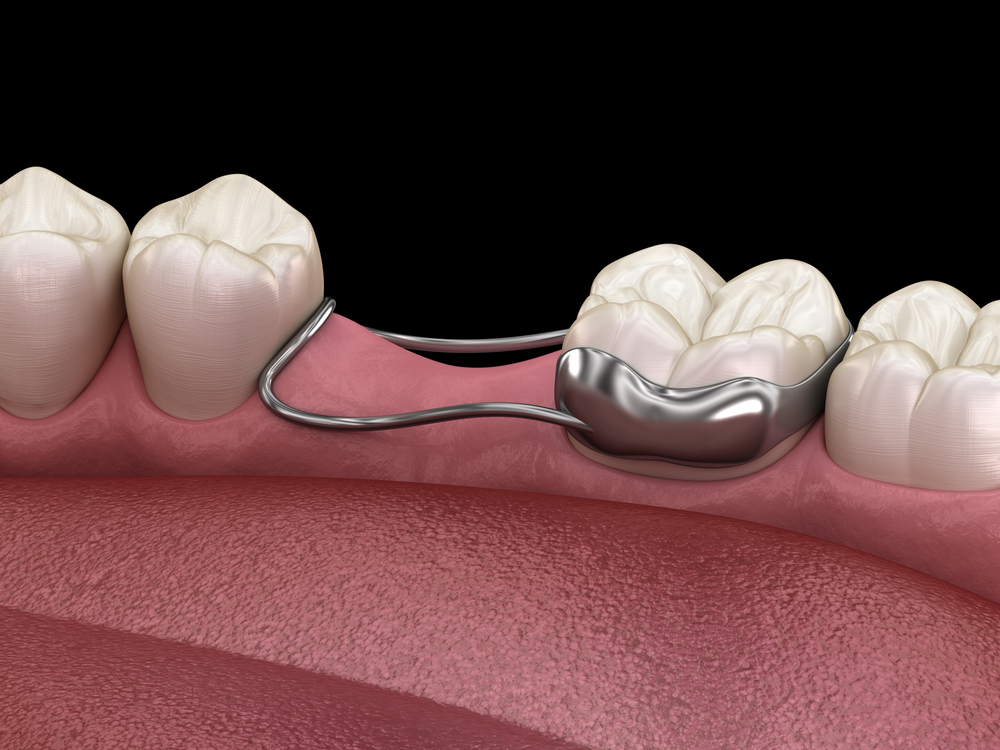

Why Your Child Might Need a Space Maintainer
Not every child will need a space maintainer for every baby tooth that falls out. Space maintainers are usually only needed when a child loses a tooth before its permanent replacement has developed or is ready to erupt. This can occur due to tooth decay or injury, and sometimes it just happens naturally, too.
When a baby tooth comes out before its replacement is ready to move in, a child’s surrounding teeth can shift into the newly vacant space. When this happens, there’s no room for the permanent tooth once it’s ready to erupt. Failing to leave space for a child’s permanent teeth leads to overcrowding, bite problems, and impacted teeth. It’s always easier to ensure that a space for a tooth remains, instead of trying to make space for permanent teeth later.
Ask Dr. Stewart About Saving Room for Permanent Teeth with a Space Maintainer
During your child’s exam, Dr. Stewart might recommend taking a set of dental x-rays, as this will allow us to evaluate the development of your child’s permanent teeth occurring below the gum line. We can then help you determine whether or not your child would benefit from a space maintainer.





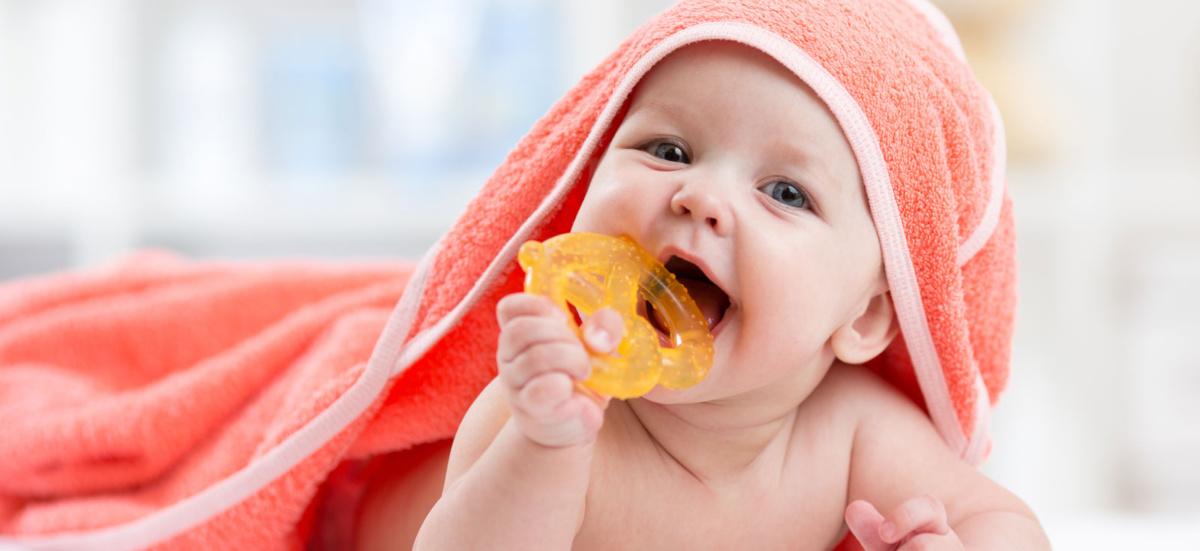

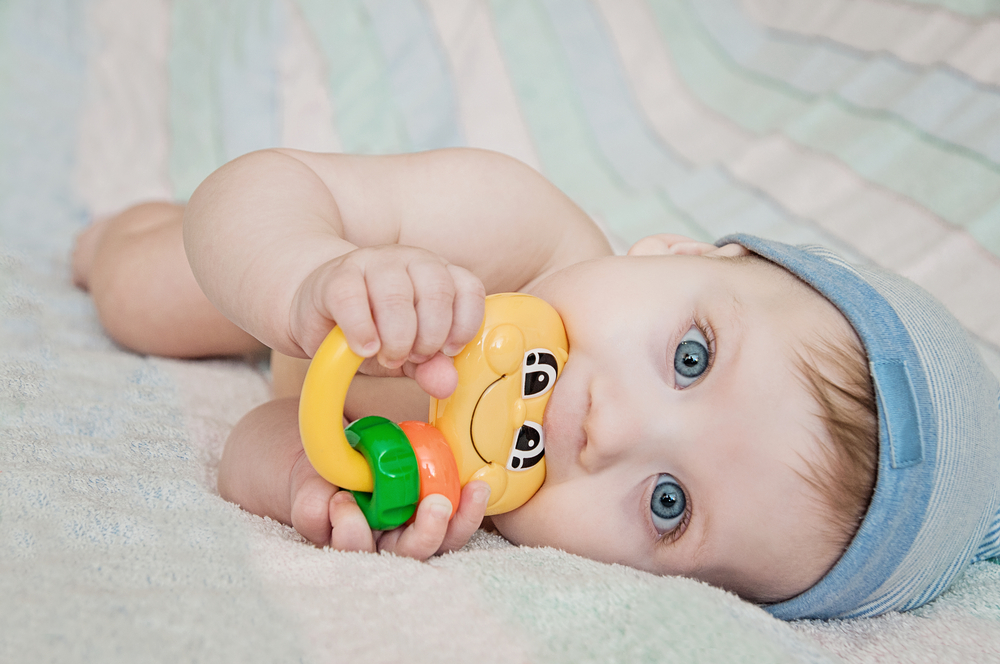
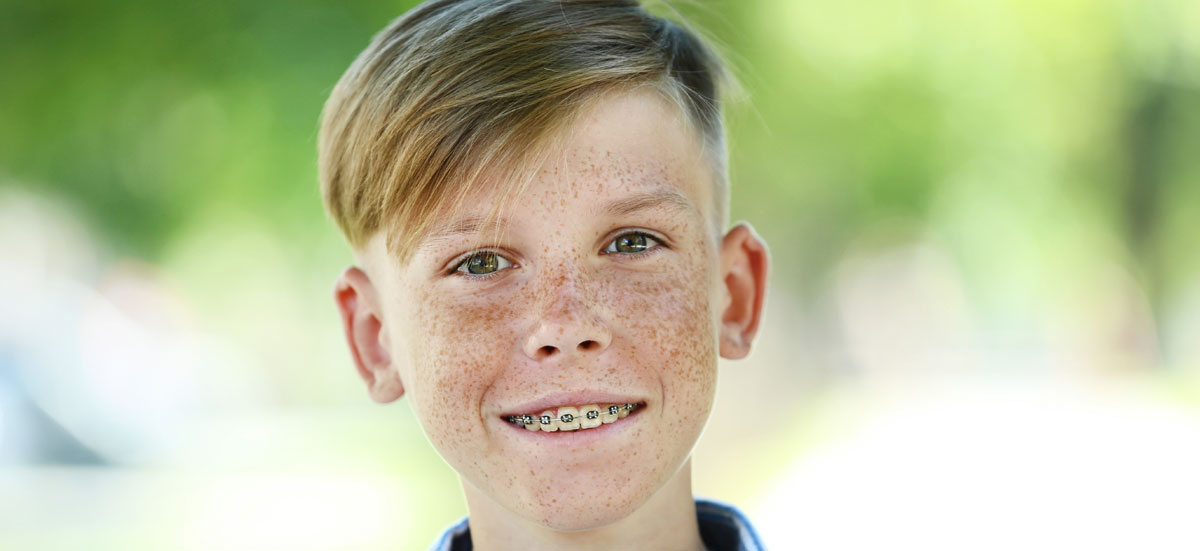

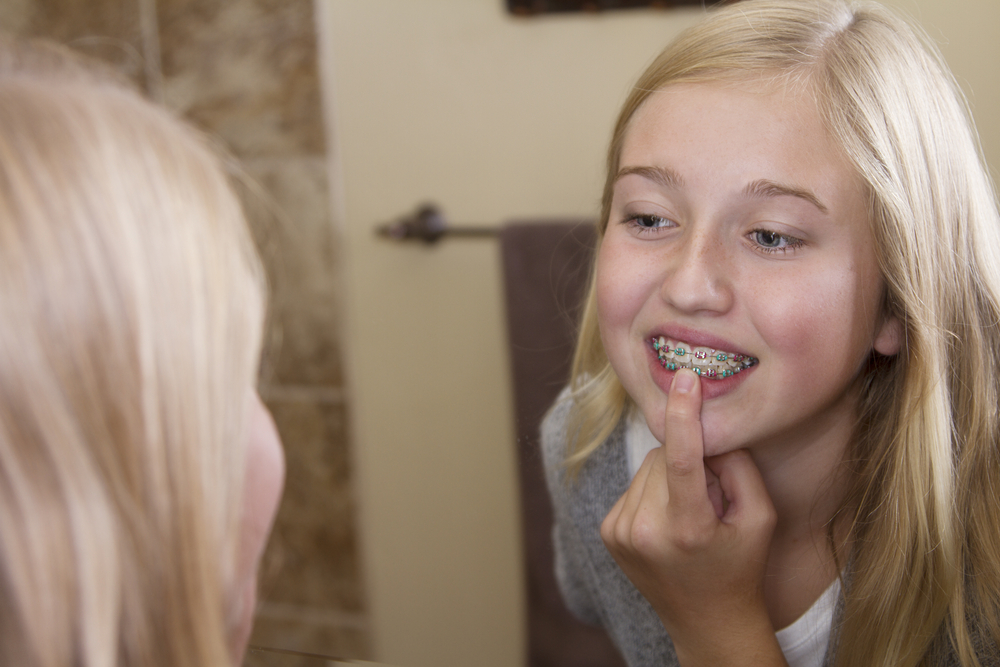

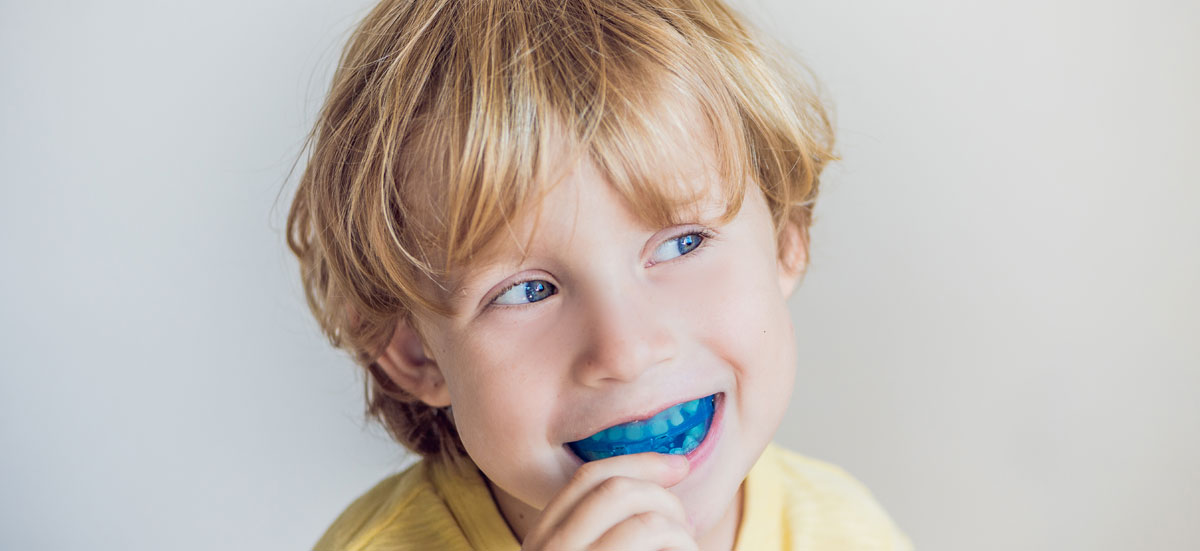
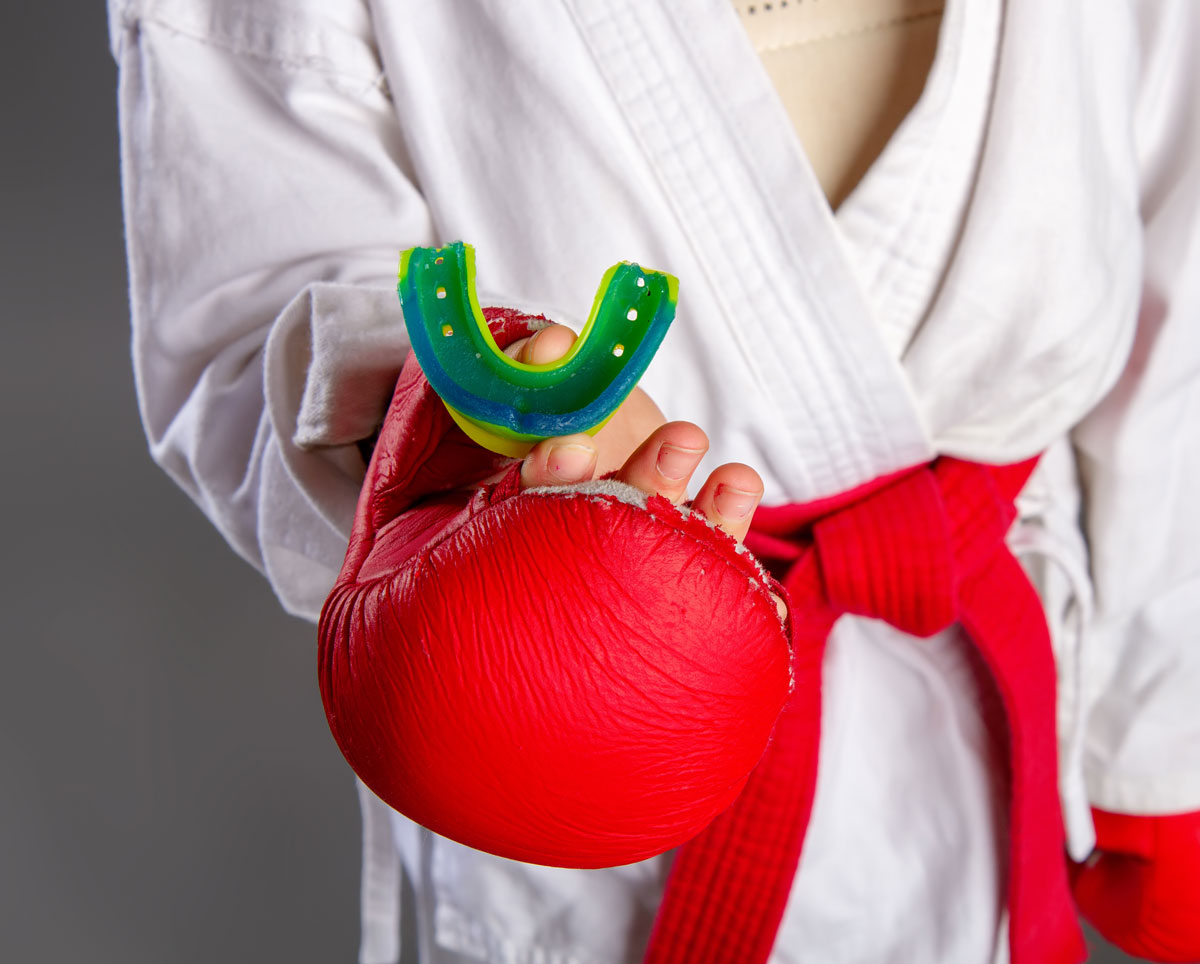

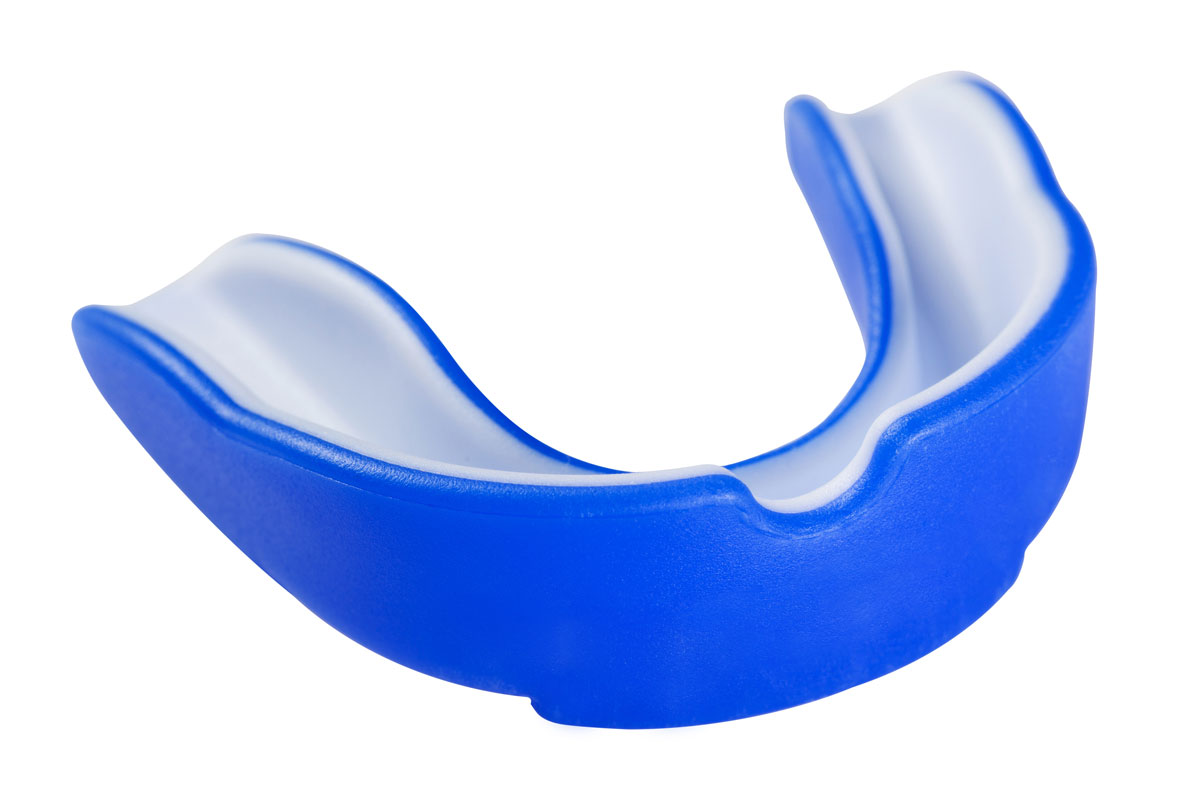
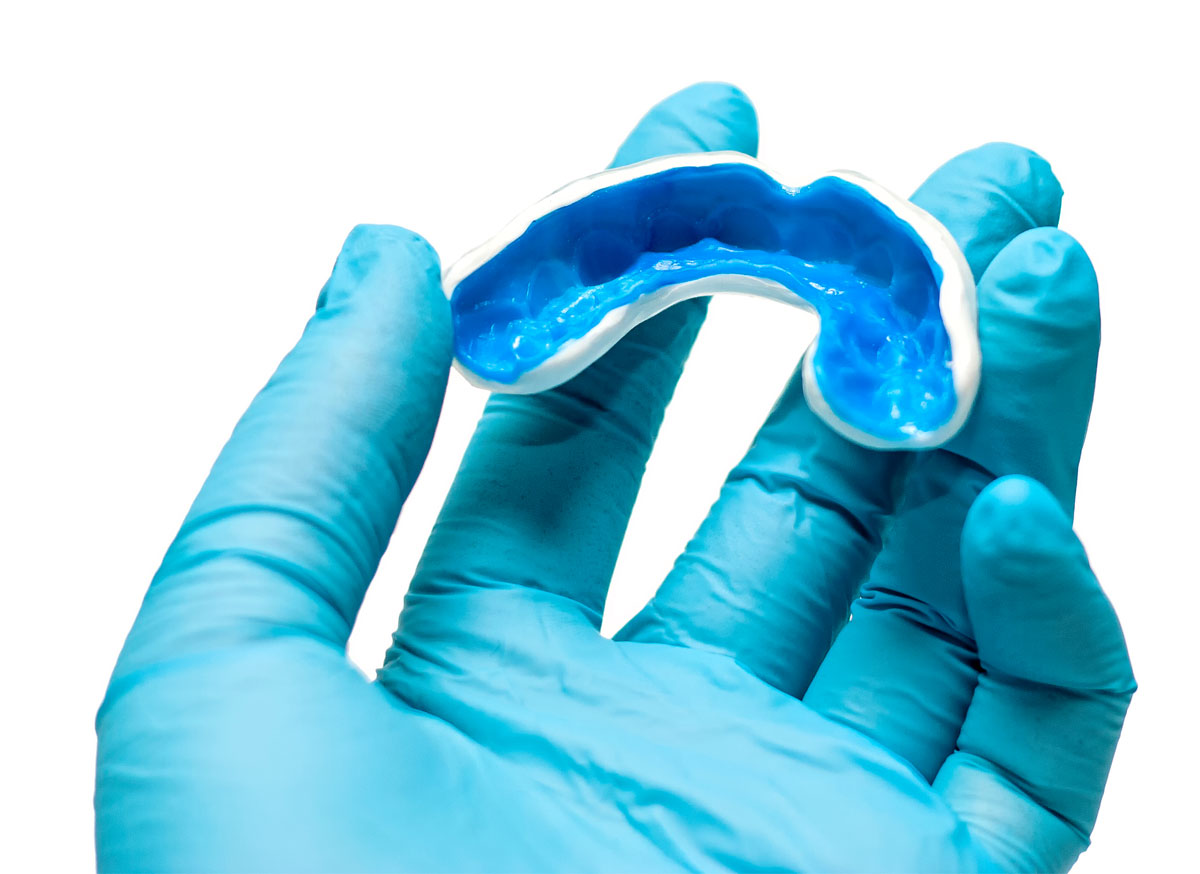
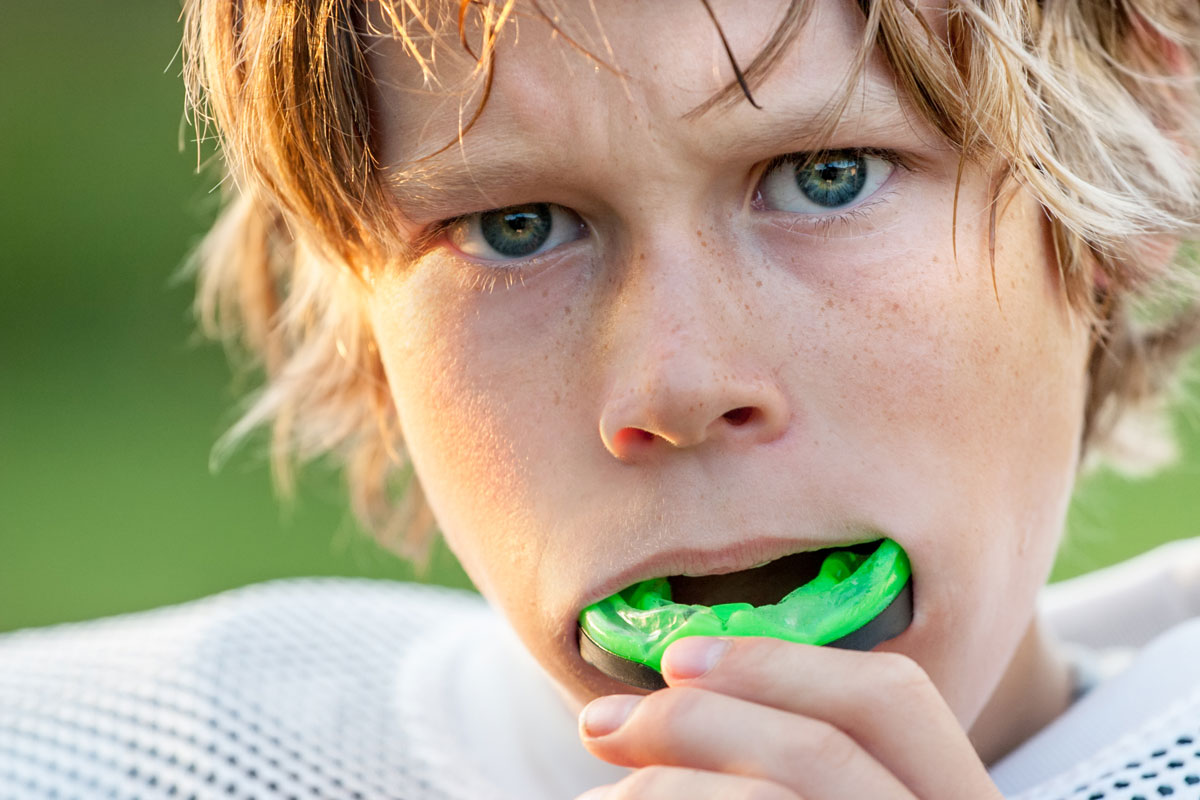








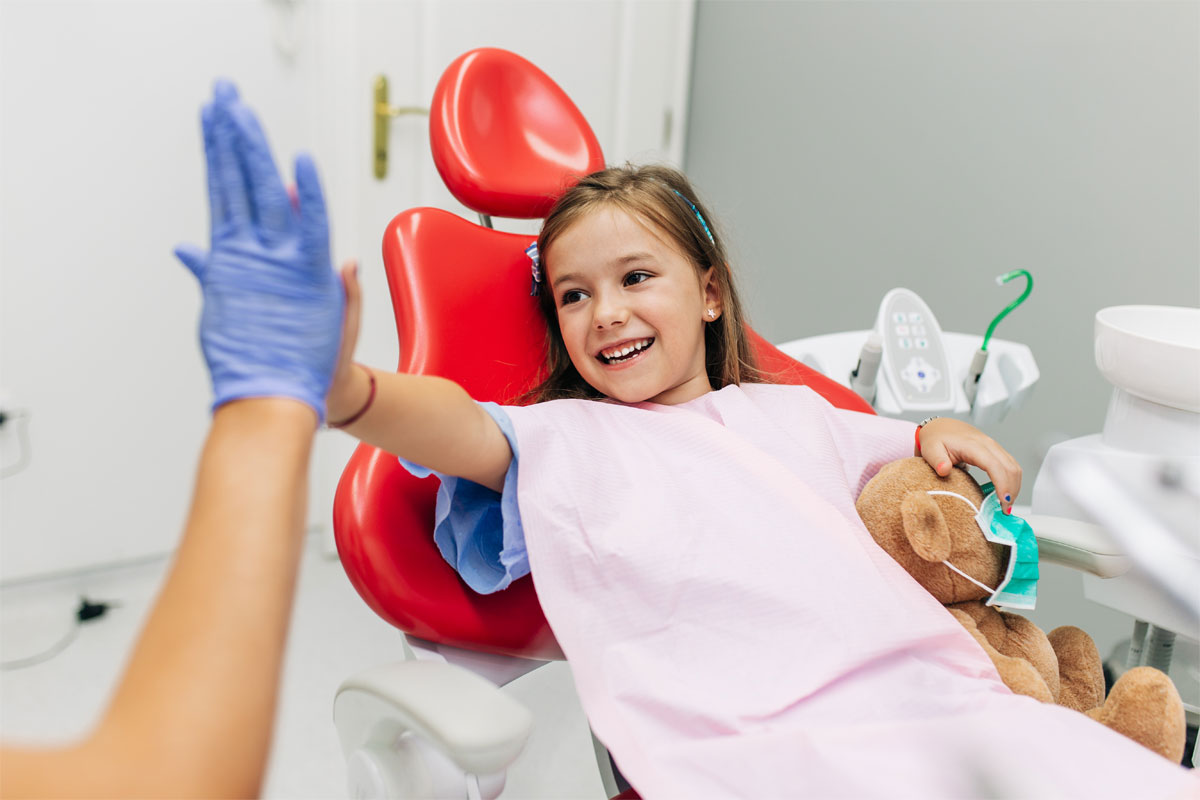

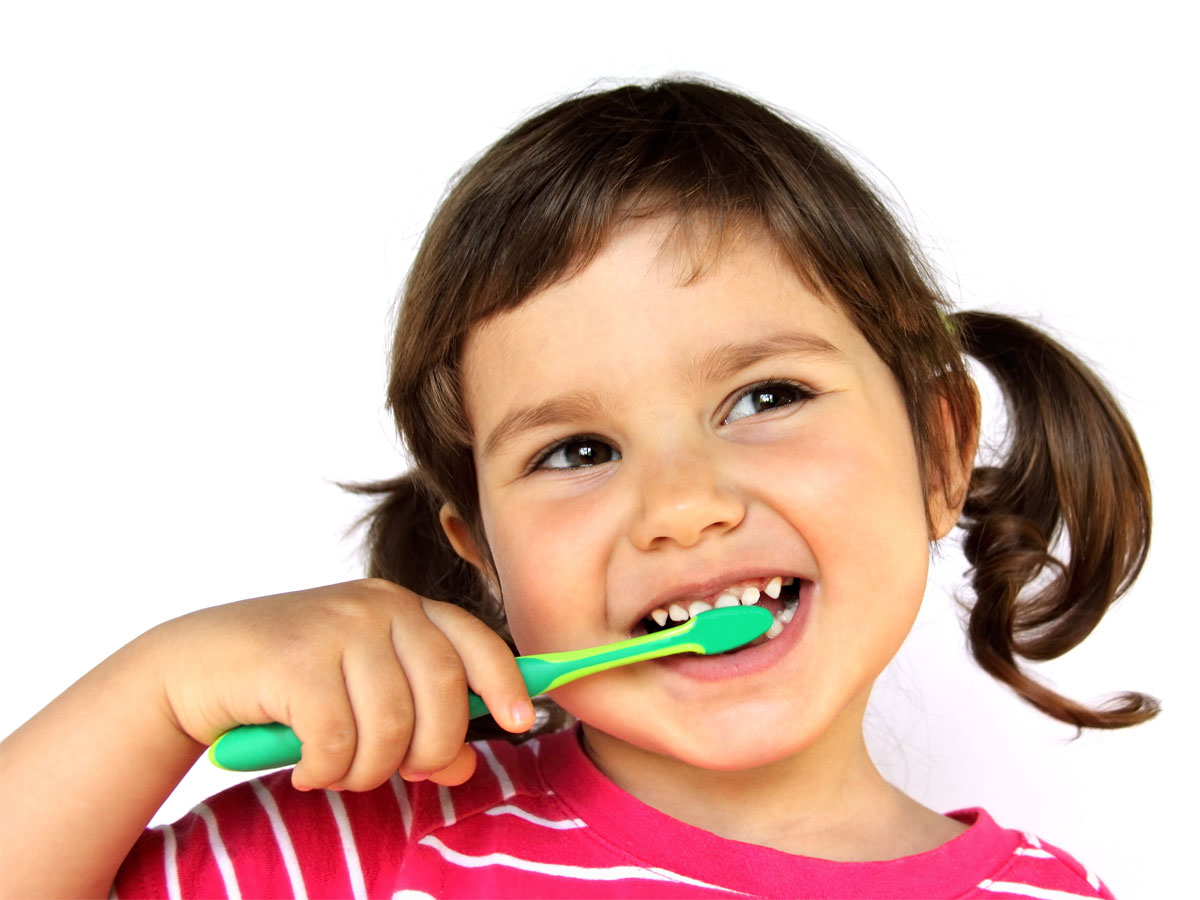
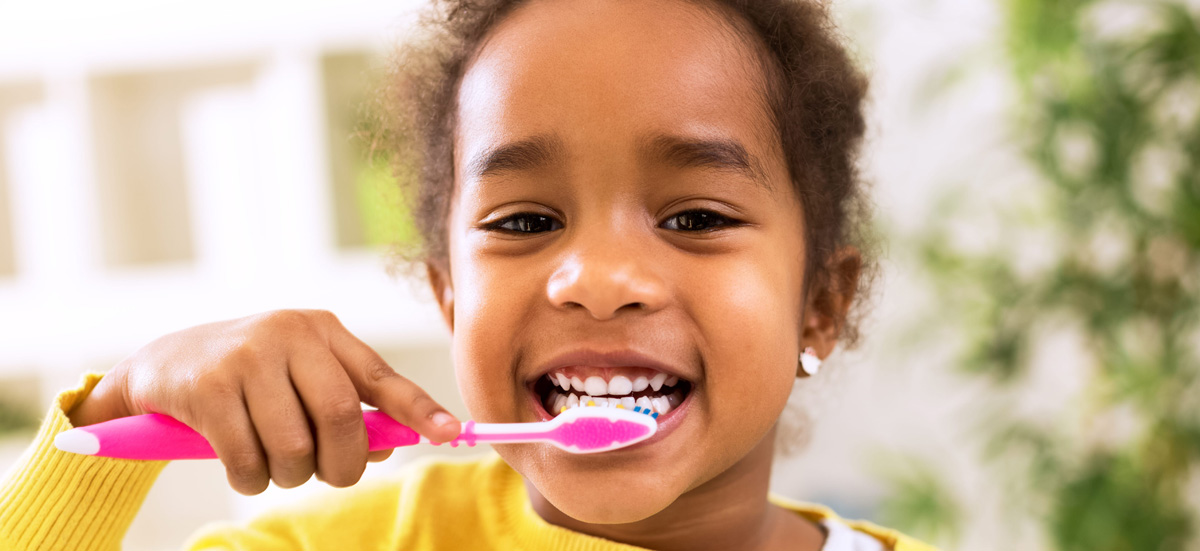
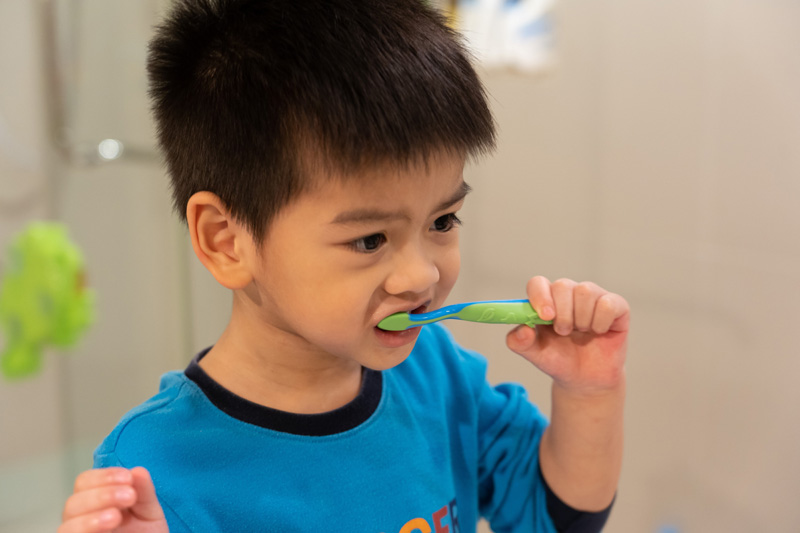
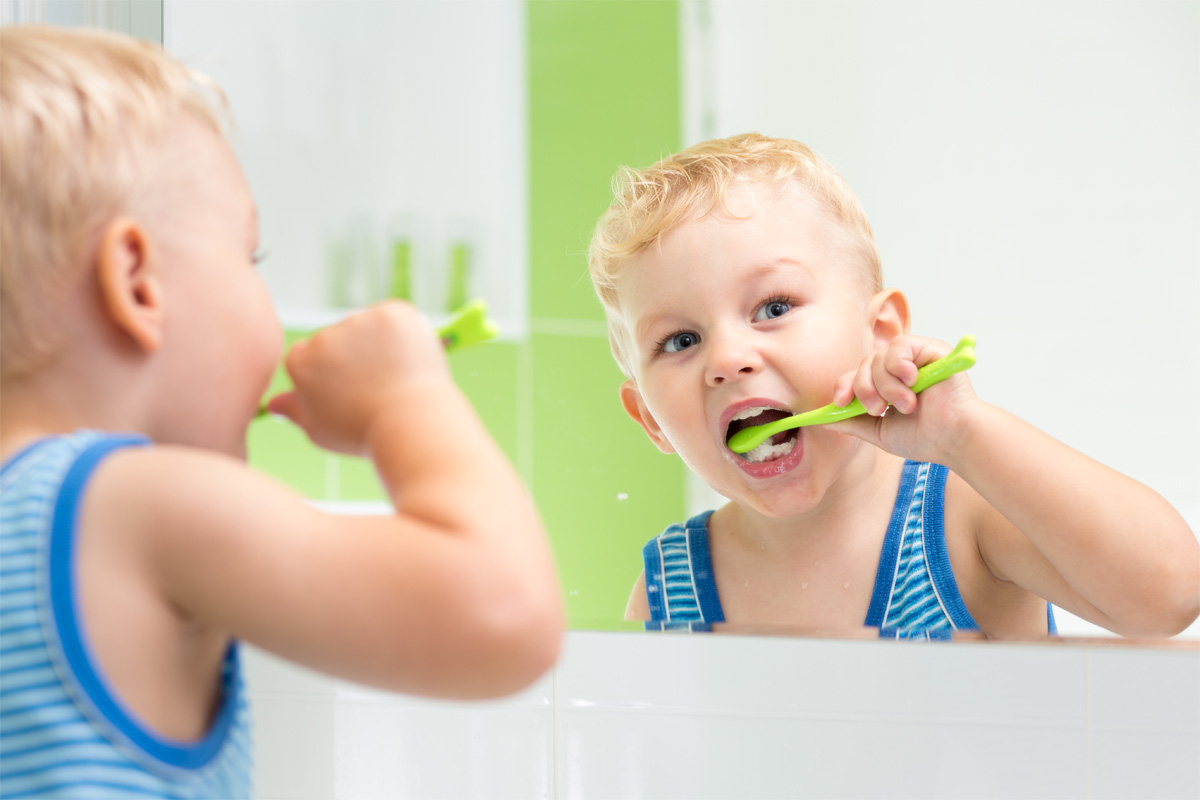

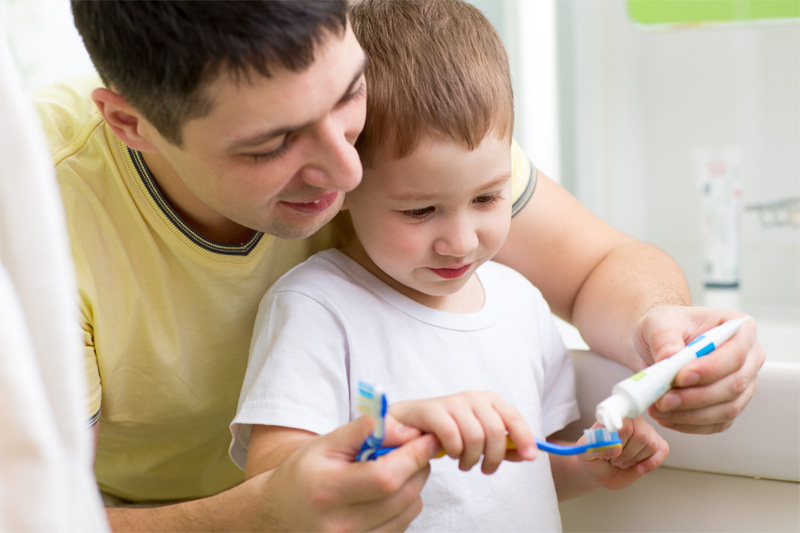
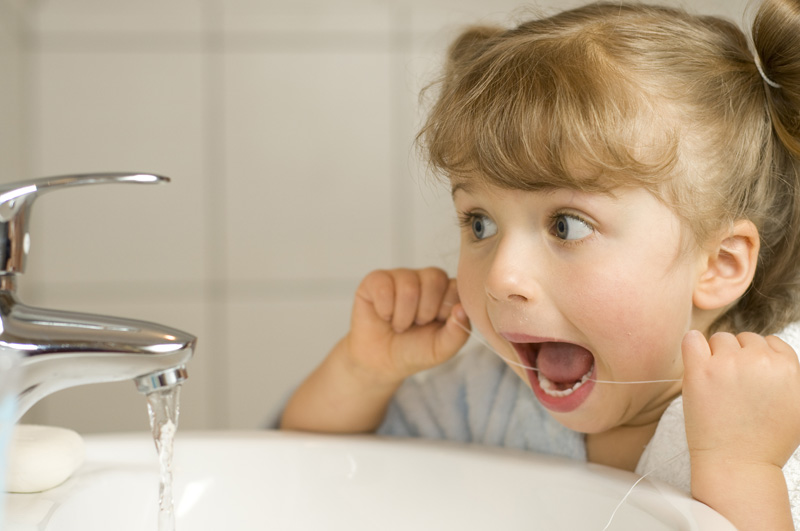
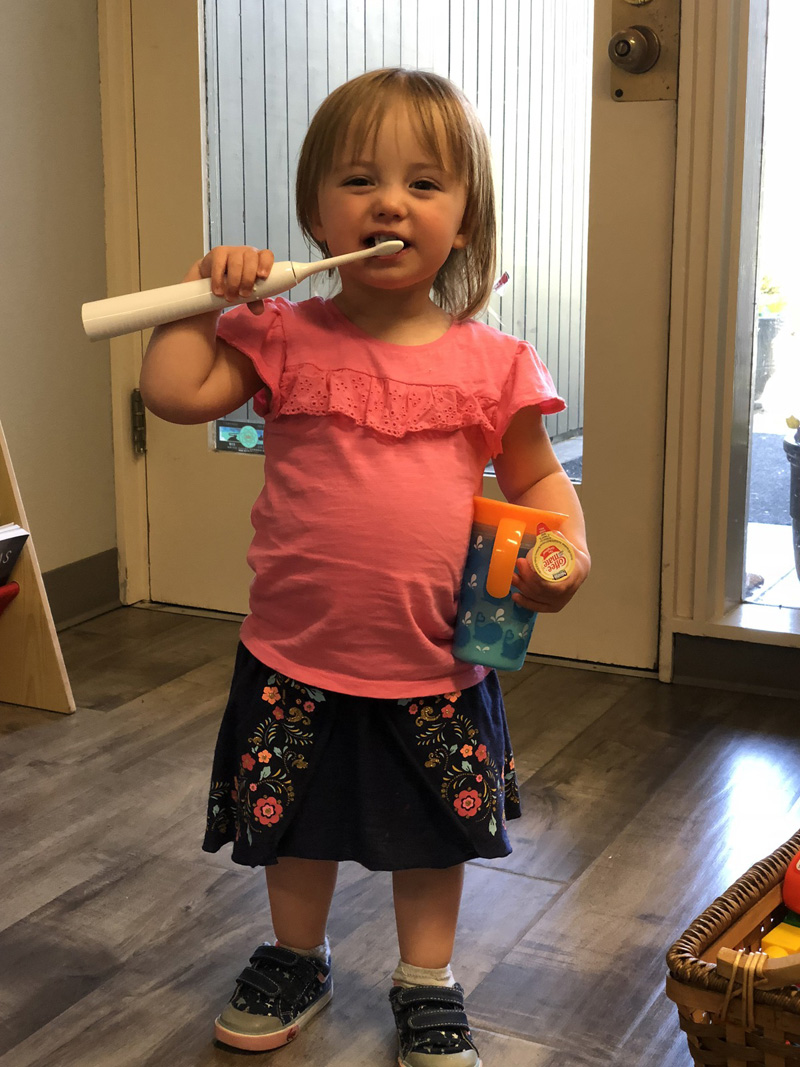

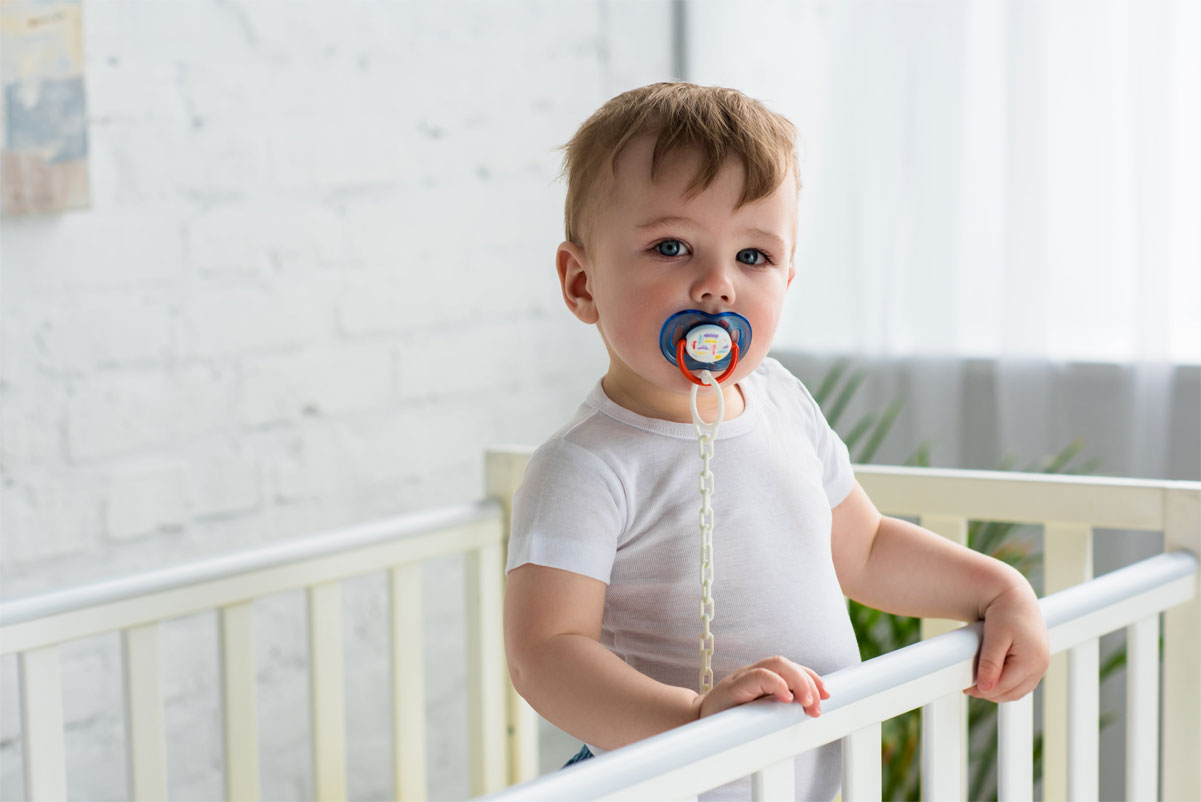


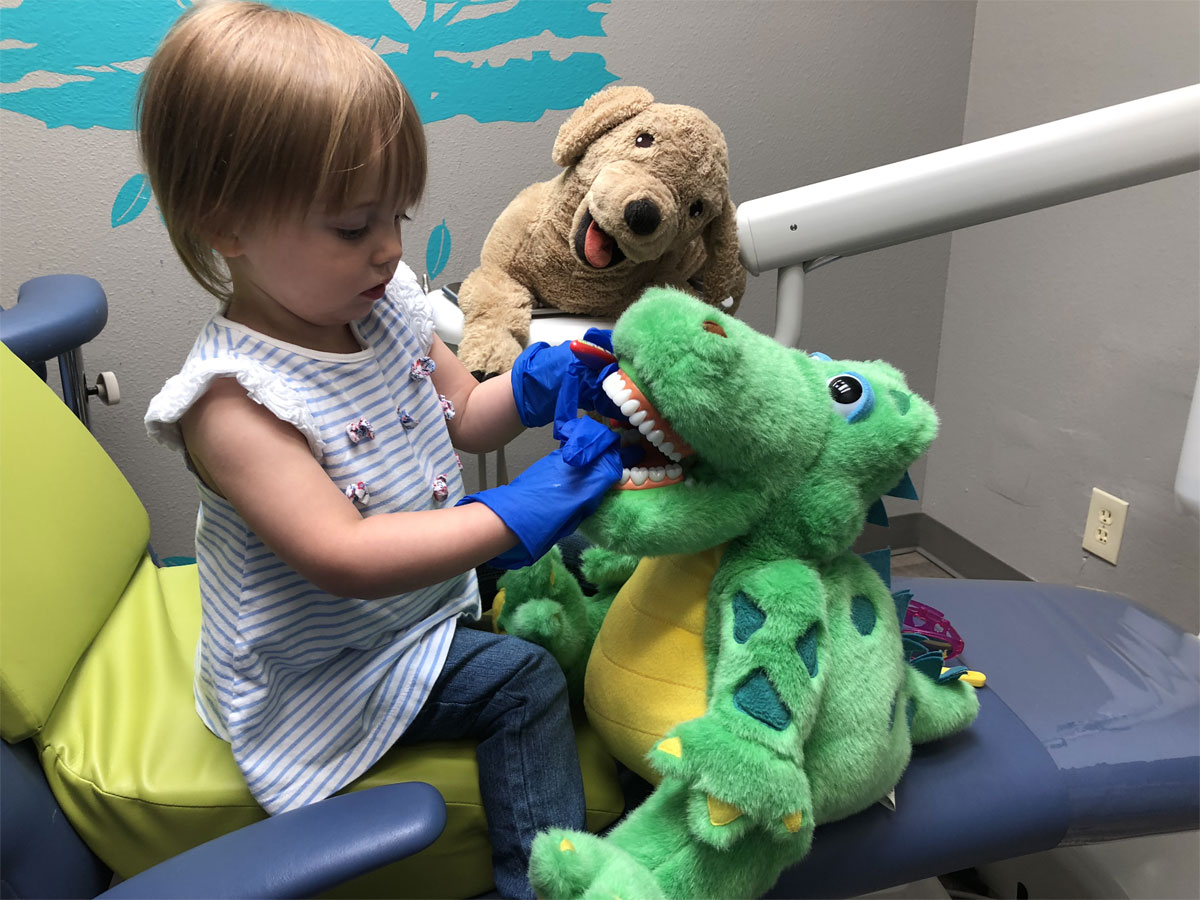
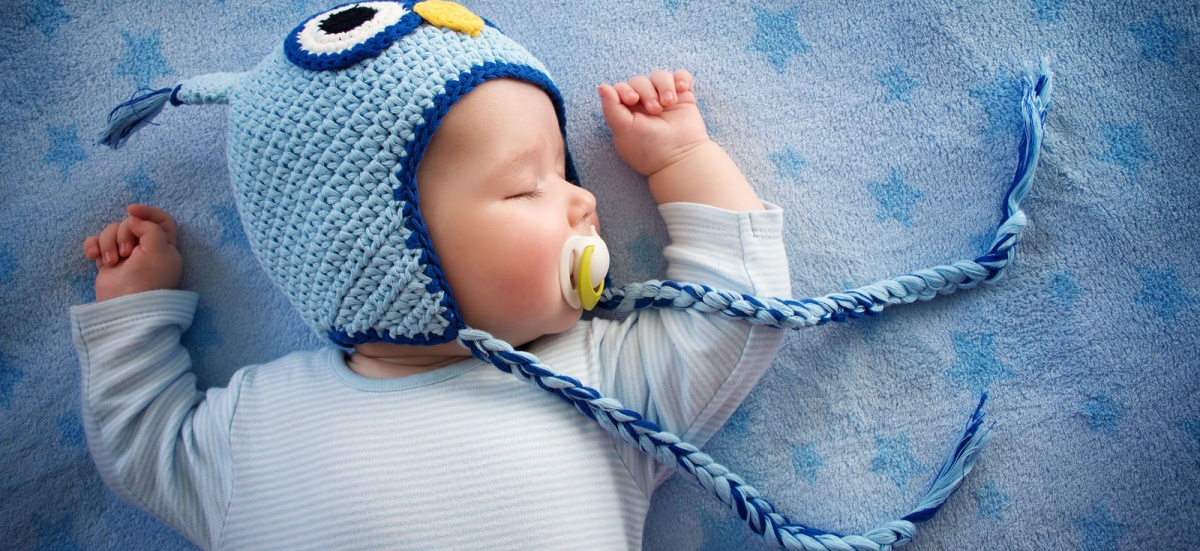
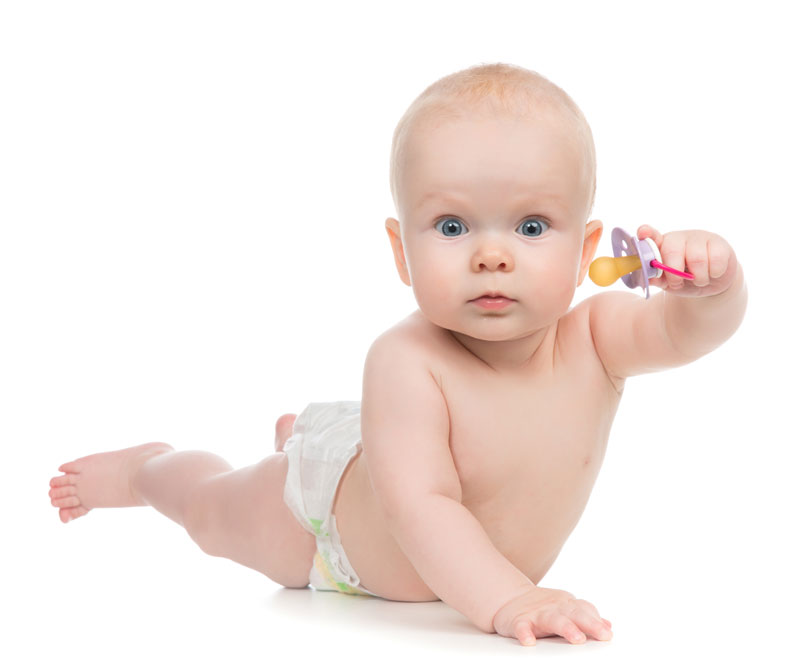

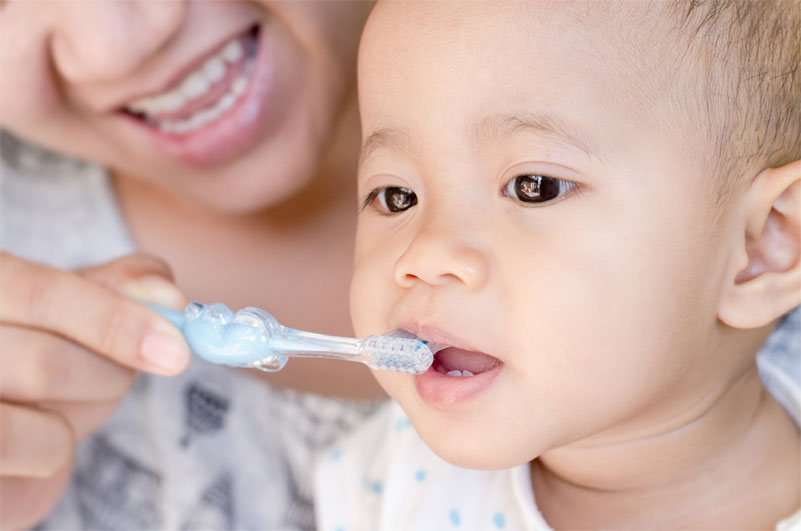
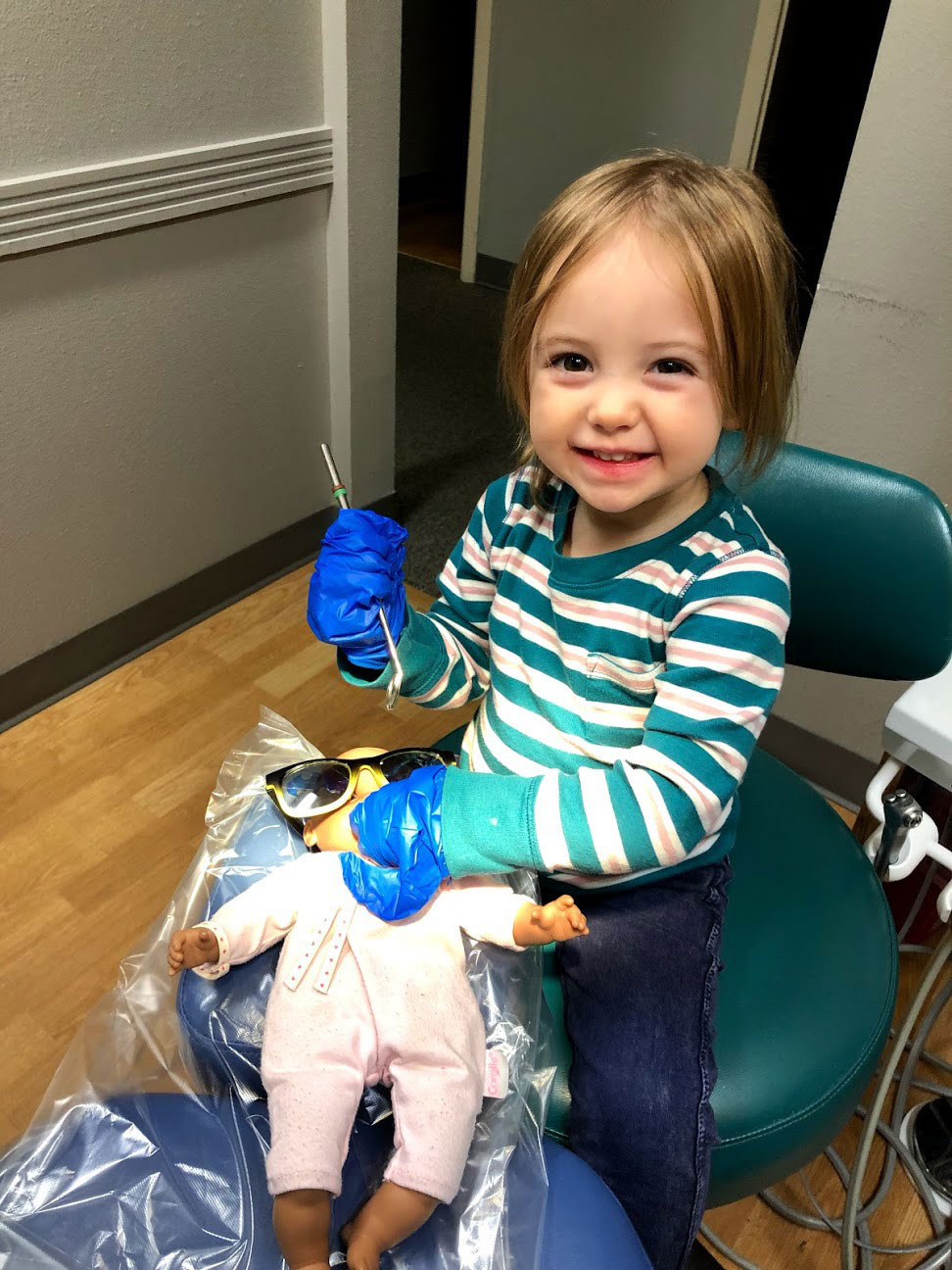





2.png)
